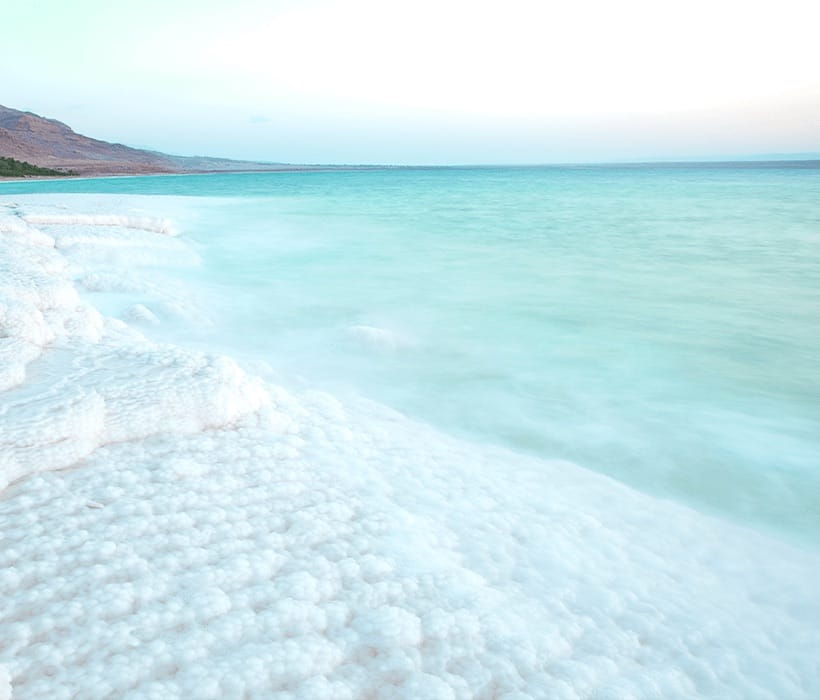PEG is the abbreviation for polyethylene glycol. Depending on the chain length, it is a liquid or solid, water-soluble and non-toxic (non-poisonous) polymer. In cosmetics, PEG has a penetration-enhancing effect, i.e. the skin becomes more permeable to active ingredients, but also to possible toxins, which can therefore penetrate the body more easily. The use of PEG in cosmetics is expressly permitted under the European Cosmetics Directive, although its use is sometimes criticised. Polyethylene glycols and their derivatives are used in cosmetic products as they have a wide range of viscosity and solubility properties and are very well tolerated by the skin. As water-soluble, non-greasy substances, polyethylene glycols are suitable for many cosmetic purposes. For example, the liquid PEGs serve as solubilisers and solvents. In SALTHOUSE products, the use of polyethylene glycols and their derivatives is avoided wherever possible.

